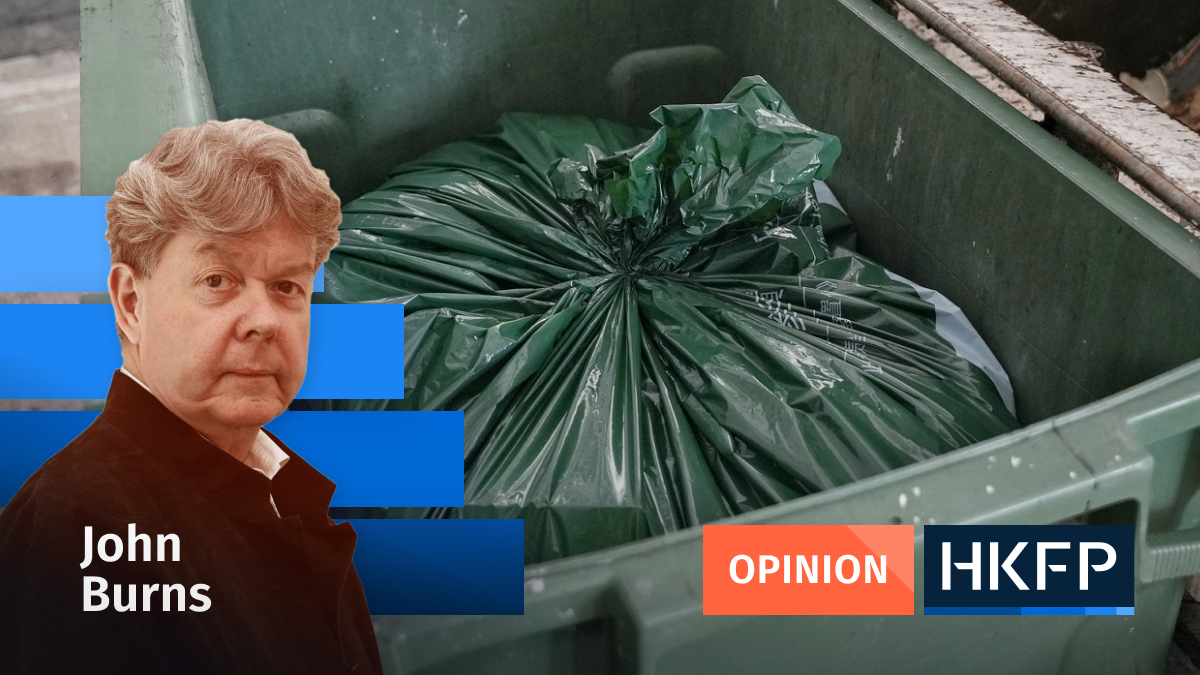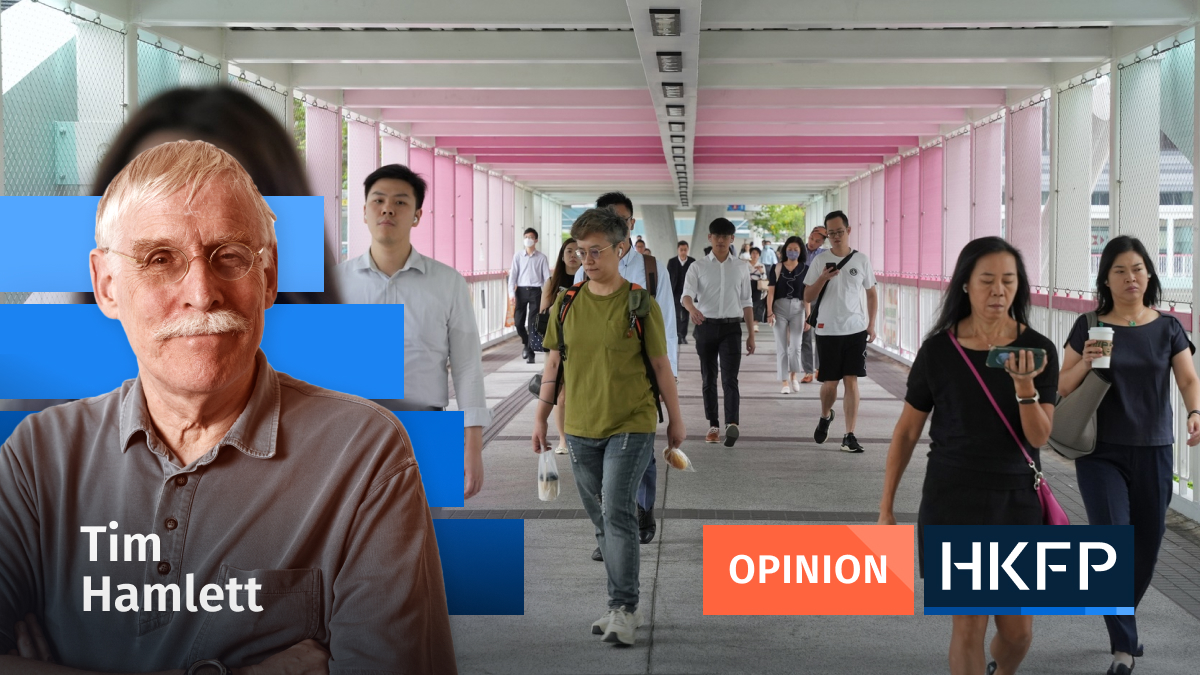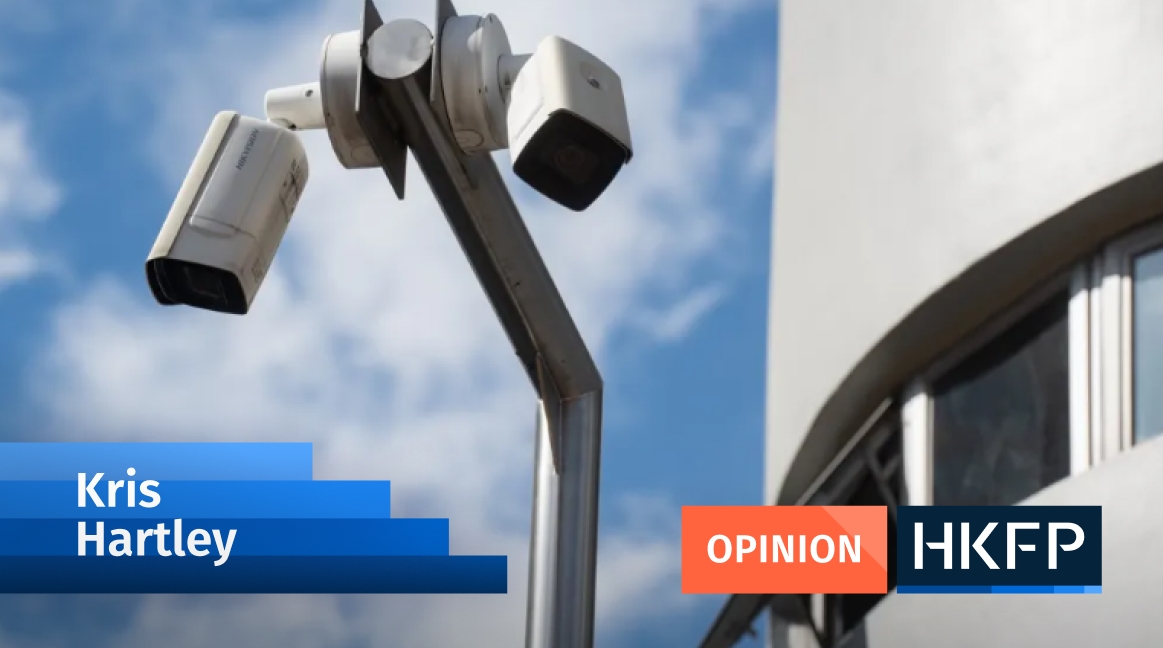No sane person would turn their nose up at the prospect of money for nothing, but then again no sane government would embark on a policy of aimlessly throwing cash around to everyone regardless of need.
This seeming paradox is with us yet again following the launch of the government scheme to hand out vouchers worth HK$5,000 to more than seven million Hongkongers, with another HK$5,000 to come

The total cost of this operation is estimated to be HK$71 billion, a most impressive sum of money. The best two things that can said about the scheme is that it will return cash to the people who gave the government these funds in the first place and it will, hopefully, act as a constraint on new plans to fritter away the people’s cash on white elephant projects bearing an even more eye watering price tag.
What is clear however is that the aim of this venture – to stimulate the economy in the post-Covid era – is very unlikely to be achieved. At best it will stimulate some forms of spending but do little more than that.
Low income families are more than likely to use these vouchers for what economists call non-discretionary spending, in other words, expenditure on items such as food and transportation which are essential and would anyway be made.

Those with more money might well be tempted into discretionary expenditure but this is a recklessly inefficient way of achieving economic stimulus at a time of recession.
More importantly it really does not address pressing social issues which were there before the onset of the pandemic and have only deepened since. Levels of poverty have increased; unemployment is high and insecure part-time employment is very much on the up.
If the government is prepared to spend HK$71 billion, why is it doing practically nothing about the very poor state of the housing stock for the working class which gave rise to spread of the virus through inadequate sanitation in crumbling buildings?

Moreover little is being done for the overburdened public healthcare service, which made valiant efforts to combat the virus. A paltry HK$600 million was allocated in the last budget for interim district healthcare centres. The elderly living in care homes (some of which are beyond being a disgrace) were ‘generously’ given an additional HK$75 million for enhancements while child welfare was upped by HK$24m, an even more miserly sum.
Compare this to the HK$1.5 billion that was rushed through the new improved rubber stamp Legco in February to settle the outstanding debt burden on the Zhuhai-Macau-Hong Kong bridge which has already gobbled up many more billions to provide a service for more or less no one.
If the government were even vaguely serious in pursuing what is describes as a recovery programme it would at the very least invest in the people who need the money most.
So, what is the strategy behind this massive HK$71 billion handout? Indeed, is there a strategy? In other jurisdictions governments have been using the devastation caused by the Covid crisis to think carefully about the future of work and about the infrastructure needed to put the economy on a footing that makes it less vulnerable to the kind of disruptions that occur in the wake of a pandemic.

In Hong Kong the Lam administration is primarily occupied by thinking of new ways to put people in jail and to shut down opposition. Yet it does occasionally pay lip service to plans for the future. Most of them simply revolve around pouring more and more cash into the Greater Bay Area concept. There is also talk, but little action, associated with plans for a more environmentally sound society and there is even talk of improving Hong Kong’s increasingly lagging education system but top priority is given to purging teachers and teaching materials.
The bitter reality of what the future looks like was revealed in a recent survey from the Hong Kong Retirement Schemes Association which found that almost 90 per cent of people aged between 50 and 59, who participated in the survey, were so worried about their financial situation that they planned to put off retirement and to work as long as possible to make ends meet.

With a rapidly aging population, Hong Kong has a real problem over how to tackle elderly poverty. It also has a severe housing crisis and a multitude of other problems that need to be addressed.
The reality is that the government is overwhelmingly focused on what it describes as security issues. Everything else comes second. The idea that all these livelihood problems can be tackled by throwing cash around in a bout of mindless populism is an idea derived from a total lack of understanding of fundamentals. And yet the claim is made that with the arrival of a compliant legislature the government can now focus on these grassroots issues. How’s that working out eh?
Support HKFP | Policies & Ethics | Error/typo? | Contact Us | Newsletter | Transparency & Annual Report | Apps
| HKFP is an impartial platform & does not necessarily share the views of opinion writers or advertisers. HKFP presents a diversity of views & regularly invites figures across the political spectrum to write for us. Press freedom is guaranteed under the Basic Law, security law, Bill of Rights and Chinese constitution. Opinion pieces aim to point out errors or defects in the government, law or policies, or aim to suggest ideas or alterations via legal means without an intention of hatred, discontent or hostility against the authorities or other communities. |
Help safeguard press freedom & keep HKFP free for all readers by supporting our team

More HKFP OPINION:
HKFP has an impartial stance, transparent funding, and balanced coverage guided by an Ethics Code and Corrections Policy.
Support press freedom & help us surpass 1,000 monthly Patrons: 100% independent, governed by an ethics code & not-for-profit.










